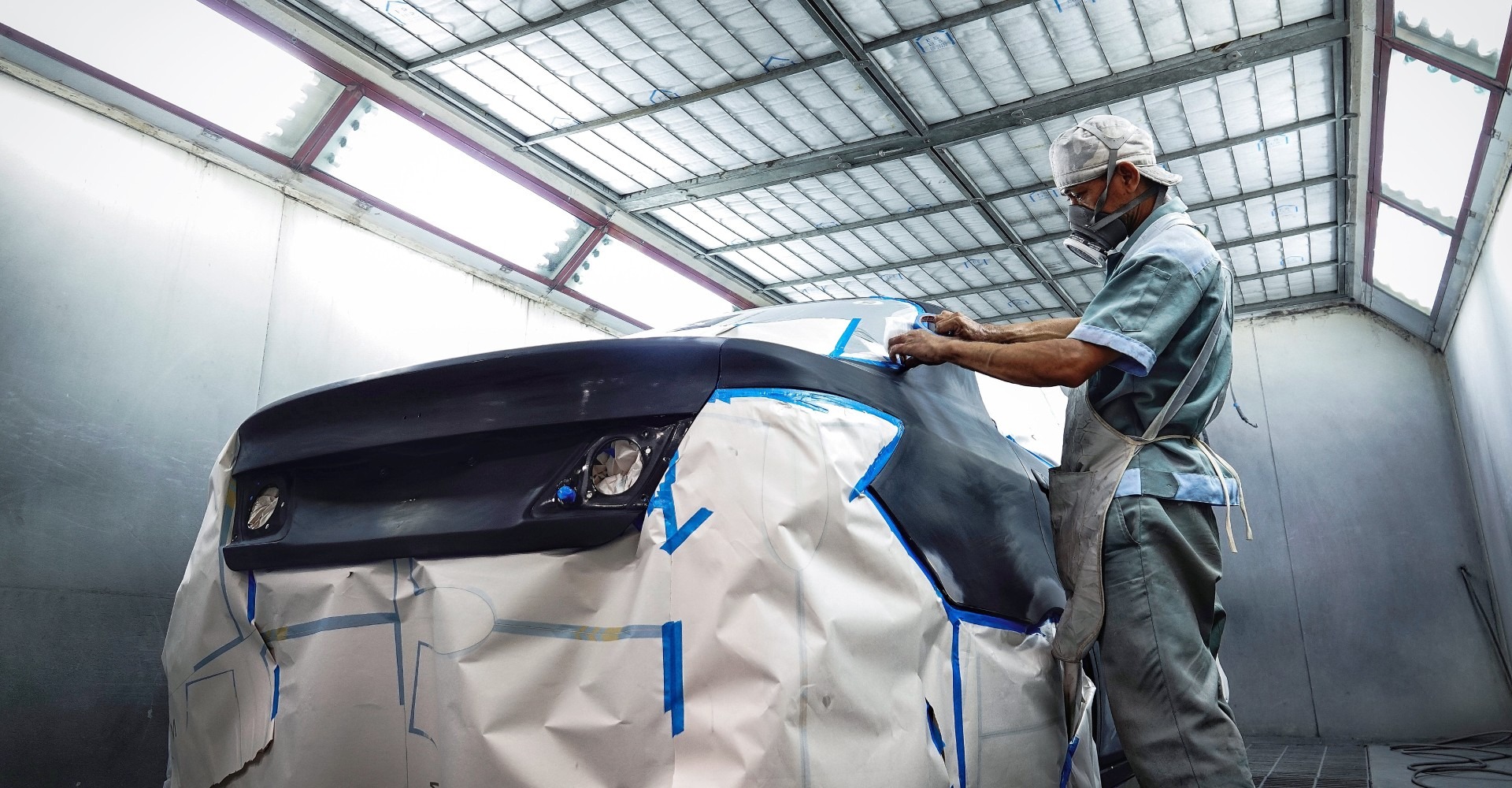All Categories
Featured

Your automobile's engine is the heart of your vehicle, and keeping it in top problem is essential for optimum efficiency and durability. Routine engine tune-ups are an excellent way to keep your auto's health and wellness, improve gas effectiveness, and avoid expensive repairs in the future. Whether you're a vehicle enthusiast or someone who just intends to keep their vehicle running smoothly, these engine tune-up tips will aid you obtain one of the most out of your auto.
- Change Glow Plugs. Ignition system play a critical role in beginning your engine and making certain smooth combustion. Over time, stimulate plugs can come to be unclean or broken, resulting in misfires, reduced fuel effectiveness, and harsh idling.
Throughout an engine tune-up, inspect and replace your trigger plugs if necessary. Most lorries call for brand-new stimulate plugs every 30,000 to 100,000 miles, depending on the type. Routinely replacing trigger plugs makes certain proper ignition and optimal engine performance.
- Check and Tidy the Air Filter. The air filter protects against dirt, dust, and particles from entering your engine. A stopped up or filthy air filter restricts air movement, creating your engine to function tougher and shed more gas.
Check your air filter throughout a tune-up and replace it if it's filthy. In dusty atmospheres or areas with heavy contamination, you might require to transform the air filter more often. A clean air filter can improve fuel effectiveness and extend the life of your engine.
- Check and Replace Belts and Hose Pipes. Belts and pipes are vital for numerous engine features, such as powering the alternator, water pump, and air conditioning system. Over time, these components can fracture, battle royal, or break, potentially bring about malfunctions.
Throughout a tune-up, check belts and tubes for signs of wear and change them if required. Replacing these components proactively can conserve you from expensive repair services and stop unanticipated failings.
- Tidy the Gas System. Your gas system, including the fuel injectors and gas lines, can collect dirt and carbon deposits over time, lowering engine performance. Cleaning the fuel system during a tune-up assists improve efficiency and gas economic climate.
You can utilize a gas system cleaner or have a professional mechanic execute an extra complete cleaning. This action is especially crucial for older automobiles or autos that frequently drive in stop-and-go web traffic.
- Check the Battery and Billing System. A healthy and balanced battery is essential for beginning your engine and powering electric elements. During a tune-up, inspect the battery terminals for corrosion and guarantee the connections are limited.
Examine the battery's voltage and replace it if it reveals signs of weak point. In addition, have the generator and billing system checked to ensure your battery stays charged during operation.
- Change the Engine Oil and Oil Filter. Oil adjustments are a fundamental part of engine maintenance. Engine oil lubes relocating components, lowers rubbing, and aids regulate engine temperature level. In time, oil comes to be polluted and sheds its performance.
Throughout a tune-up, change the engine oil and oil filter to keep your engine running efficiently. Follow your vehicle's producer recommendations for oil type and adjustment periods.
- Evaluate the Air Conditioning System. The cooling system stops your engine from overheating. With time, coolant can deteriorate or come to be infected, decreasing its efficiency.
Inspect the coolant degree and problem during a tune-up, and flush and replace it if required. Evaluate the radiator, water pump, and pipes for leakages or damages. A well-maintained air conditioning system helps your engine operate at the best temperature and protects against getting too hot.
- Evaluate the Ignition System. A damaged ignition system can trigger starting concerns and reduced engine efficiency. Throughout a tune-up, check the ignition coils, supplier cap, and blades (if suitable) Replace any elements that show indications of wear or damage to ensure smooth and trustworthy engine operation.
- Pay Attention for Uncommon Sounds. During a tune-up, seize the day to listen for any uncommon engine sounds, such as knocking, ticking, or hissing. These audios can indicate underlying problems, such as shutoff problems, loosened parts, or exhaust leaks. Resolving these troubles early can stop a lot more substantial damages.
- Use Quality Parts and Fluids. When doing an engine tune-up, always make use of high-quality components and liquids that satisfy your lorry maker's requirements. Affordable or inaccurate components can jeopardize your engine's performance and dependability.
Conclusion: A Well-Tuned Engine is Trick to Durability. Routine engine tune-ups are vital for preserving your automobile's performance, efficiency, and reliability. By changing used parts, cleaning up vital systems, and attending to potential problems, you can maintain your engine running smoothly for several years ahead. Whether you're doing it yourself or relying on a trusted technician, investing in tune-ups is a clever method to secure your car and take pleasure in a much safer, smoother ride.
Latest Posts
Signs When Your Car Needs Expert Auto Repair at Montclare Auto Repair
Find Auto Services & More: Complete Auto Care Solutions from Montclare Auto Repair
Recognizing When Your Car Needs Expert Car Repair at Montclare Auto Repair
More
Latest Posts
Signs When Your Car Needs Expert Auto Repair at Montclare Auto Repair
Find Auto Services & More: Complete Auto Care Solutions from Montclare Auto Repair
Recognizing When Your Car Needs Expert Car Repair at Montclare Auto Repair
